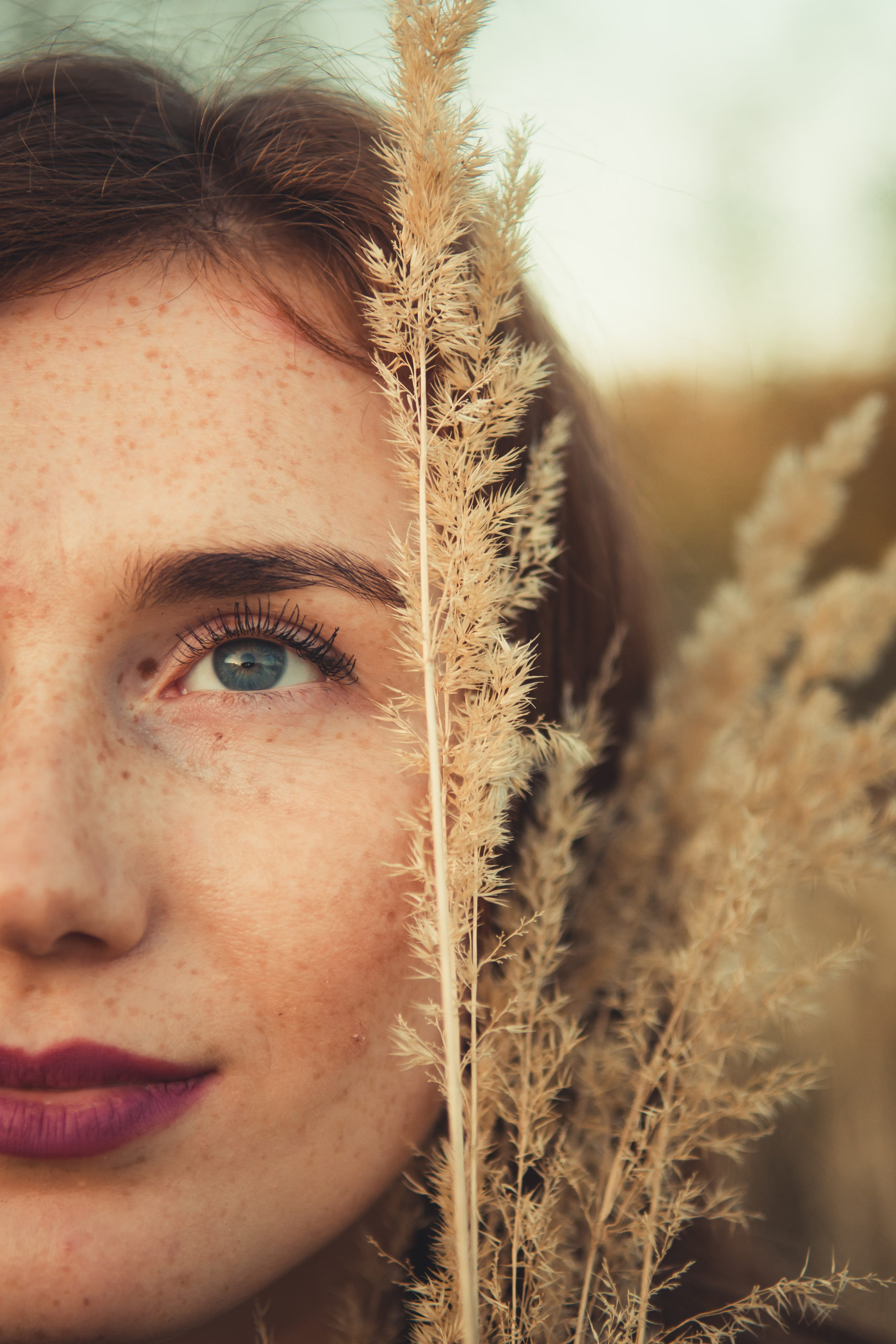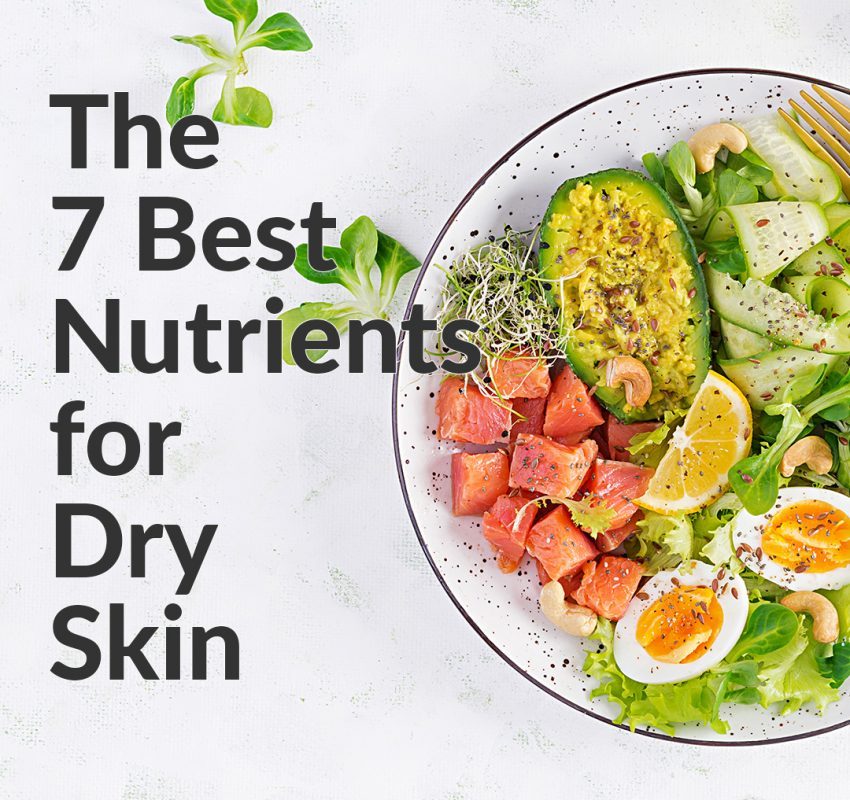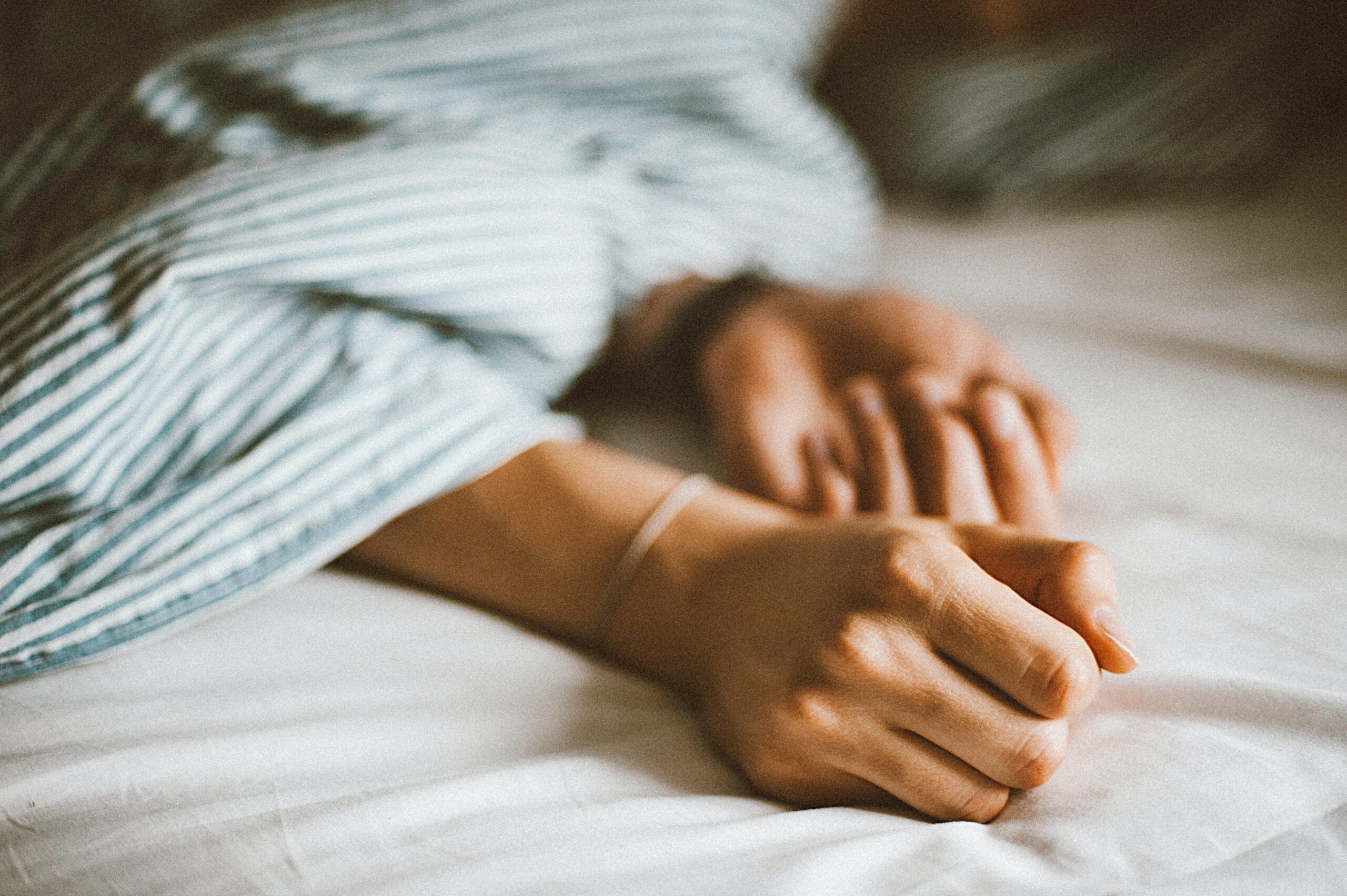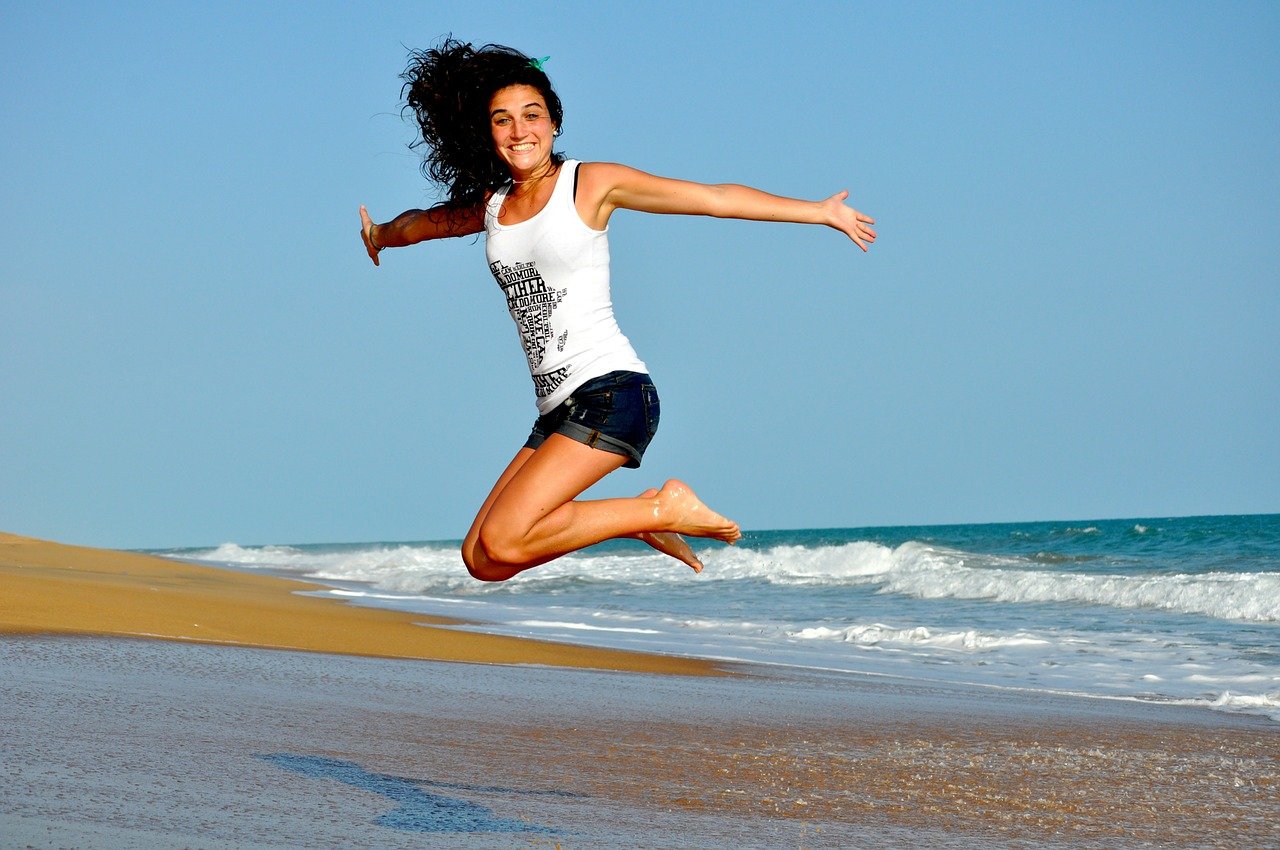According to https://www.self.com/
What does “healthy beauty” mean, anyway?

SELF is a health brand, which means that we approach everything we create and publish through the lens of wellness. As the senior beauty editor, I’m always thinking about how to cover my beat in a way that will serve our central mission of helping people feel better. Our brand philosophy is that feeling comfortable in your skin is as essential to living well as eating nourishing foods, getting enough sleep, or moving your body; in that sense, beauty (and all it entails) in inextricably tied to wellness.
We recognize our favorite new beauty products every year in an annual awards package. This year we renamed the awards the SELF Healthy Beauty Awards, to bring the focus back to wellness, and the many roles that beauty plays in helping people feel their best.
But what does “healthy beauty” mean, actually? With our healthy beauty package, we’re celebrating three distinct pillars of it: taking care of yourself, being an informed consumer, and expressing yourself. Here’s how we’re addressing each of those pillars.
1. Taking care of yourself

Health conditions that affect the way you look can have an emotional impact, and learning to live with and manage those health conditions and their symptoms can be an important avenue toward feeling better physically and psychologically. Beyond the more medical applications, beauty products and routines can also be tools for self-care in general—I’m talking bath bombs and face masks for relaxation, of course, although the act of taking care of yourself goes much deeper than that.
Our goal is to be a resource of accurate and expert-approved product recommendations, advice, and intel for everything from skin cancer to dandruff, and we work closely with dermatologists, cosmetic chemists, and scientists to bring you the most up-to-date, research-backed information. At the same time, we also feature stories from people living with those conditions every day, sharing their personal take on how beauty helps them feel better.
For the Healthy Beauty Awards this year, we included product roundups for people with both sensitive skin and acne-prone skin. As part of the larger healthy beauty editorial package, we’ve also published pieces about what life is like for people with various conditions that impact their appearance, including alopecia, rosacea, and eczema. We included a list of products that people swore by when they were pregnant (a condition with its own challenges!). And as one writer shares in How K-Beauty Helps Me Manage My Skin-Picking Disorder, we explore how establishing a beauty routine can be an avenue toward psychological healing.
2. Being an informed consumer

Beauty aisles are awash with products marketed as “clean” and “natural.” But how do you know which ingredients are really worth worrying about? We look at the science behind the claims to help you better understand what’s real, what’s hype, and what we do and don’t actually know.
To be clear, we’re all about personal choice when it comes to what you put on or in your body. There are a lot of lab-made ingredients out there that are super effective and safe, but if you prefer to go natural with your beauty routine, that’s a valid personal decision. Our goal is to help you make the best choices for yourself by providing you with the best information available—which includes making sure you know that “natural” doesn’t have a strict definition when it comes to cosmetics, and that it’s not synonymous with “safe” or “gentle.” That’s why all but one of the categories of awards this year don’t focus on “natural” products at all. (The one category that does—The 11 Best Natural Skin-Care and Makeup Products is for those of you who are still all about that natural beauty life, because we got you covered.) Meanwhile, read “What the Research Says About 10 Controversial Cosmetics Ingredients” to get the rundown on those scary sounding ingredients everyone keeps talking about, and hopefully feel a bit less freaked out and confused.
3. Expressing yourself

Beauty products can be remarkable and magical tools that help you to express your personal identity and style, enhance what makes you unique, and feel your best. The way you do—or don’t do—your hair and makeup is one way to help you feel most like yourself. And as beauty companies focus more on inclusivity by offering a wider range of products, more people will be able to have access to those tools that help them feel most at home in their own skin.
At SELF, healthy beauty is personal, and we’re always learning more.
Whether brushing your teeth in the morning is the extent of your beauty routine or you’ve got a 10-step Korean beauty skin-care ritual, our goal is to help you find what works best for you along this journey.
Have a specific question that you want answered? Want to see something different? We’d love to hear from you. You can reach us on Instagram, Facebook, or via email atInfo@sezihealth.com.au








